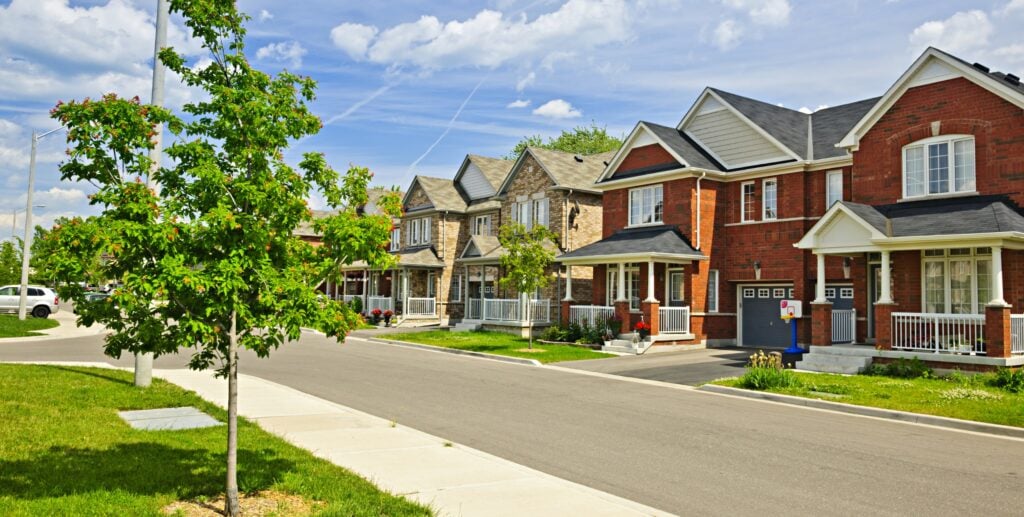Canadians aren’t bouncing back from the pandemic’s hit to life satisfaction. Statistics Canada (StatCan) data show the average life satisfaction score slipped in Q2 2025, the first decline in more than a year. The recovery is stalling before it reaches pre-pandemic levels, and a provincial breakdown shows sharp divides in how people feel about their lives.
Canada’s Mood Darkens: Life Satisfaction Slips In Q2 2025
Canadian life satisfaction is slipping before it recovers from the pandemic. The average score fell to 7.0 in Q2 2025, down 0.1 points from the prior quarter. It was the first decline in over a year, and a strong warning that the drawn-out pandemic recovery is stalling again.
Canadians Satisfied With Life Have Fallen & They Can’t Get Up
Share of Canadians satisfied with life (score 6 or higher on a 10-point scale). Quarterly results available from mid-2022; annual data used for 2016—2022.
That shift may seem small, but it means adding 454,000 more dissatisfied Canadians in Q2, raising the estimate to 7.97 million. About 77% of people reported being satisfied (or very satisfied) with their lives in Canada. Still a majority, but far below the 93.4% reported in StatCan’s 2019 annual data.
Source: StatCan; Better Dwelling.
Who’s Happiest In Canada? Quebec Leads, Alberta Trails
Average life satisfaction by province, Q2 2025.
Source: StatCan; Better Dwelling.
Life satisfaction in Q2 2025 shows a clear provincial divide. Quebec leads at 7.5, half a point above the national average. Atlantic Canada follows, with PEI (7.3), New Brunswick (7.3), and Newfoundland (7.2) all outperforming. Nova Scotia and Manitoba matched the national average at 7.0.
On the low end, Ontario (6.8) is tied with Saskatchewan and BC (6.8 each). Alberta ranks last at 6.6, underscoring persistent dissatisfaction in Western Canada.
The split shows a recovery that isn’t just fragile, but deeply uneven across the country.
The drop in the national life satisfaction score isn’t a blip, but more quantitative evidence of eroding sentiment. It comes amid record capital flight and an unprecedented number of Canadians relocating for good. The recovery is incomplete, uneven, and already collapsing—which will create long-term structural inequalities.



















 English (US) ·
English (US) ·